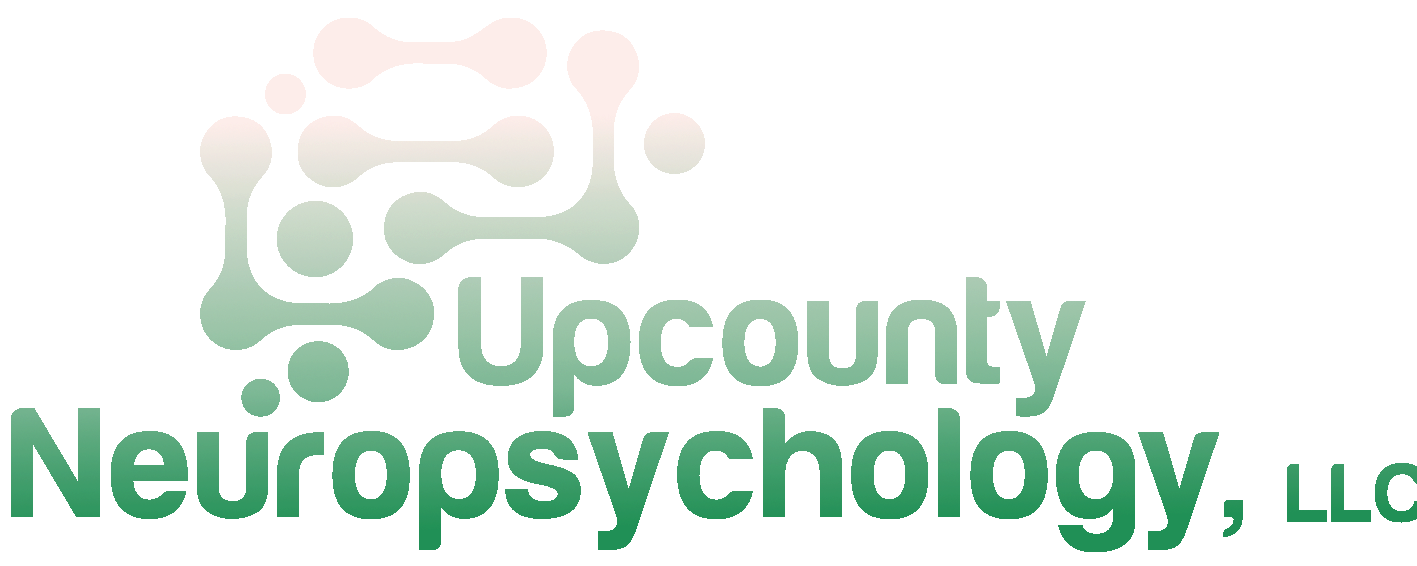
Autism Spectrum Disorder
Autism spectrum disorder (ASD) is a neurological and developmental disorder that begins early in childhood and lasts throughout a person’s life. It affects how a person acts and interacts with others, communicates, and learns. It includes what used to be known as Asperger syndrome and pervasive developmental disorders. The learning, thinking, and problem-solving abilities of people with ASD can range from gifted to severely challenged. Autism is known as a “spectrum” disorder because there is wide variation in the type and severity of symptoms people experience. Although there is no cure for autism, intensive and early intervention can help significantly reduce symptomatology.
A child or adult with autism spectrum disorder may have problems with social interaction and communication skills, including many of the following:
- Fails to respond to his/her name or appears not to hear you at times
- Prefers not to be cuddled and held, and seems to prefer playing alone
- Has poor eye contact and lacks facial expression
- Doesn’t speak or has delayed speech, or loses previous ability to say words or sentences
- Can’t start a conversation or keep one going, or only starts one to make requests or label items
- Speaks with an abnormal tone or rhythm and may use a singsong voice or robot-like speech
- Repeats words or phrases verbatim, but doesn’t understand how to use them
- Have trouble relating to others or not have an interest in other people at all
- Has trouble understanding other people’s feelings or talking about their own feelings
- Does not point at objects to show interest or does not look at objects when another person points at them
- Inappropriately approaches a social interaction by being passive, aggressive, or disruptive
- Has difficulty recognizing nonverbal cues, such as interpreting other people’s facial expressions, body postures, or tone of voice
A child or adult with autism spectrum disorder may have limited, repetitive patterns of behavior, interests or activities, including many of the following:
- Performs repetitive movements, such as rocking, spinning or hand flapping
- Repeats or echoes words or phrases said to them
- Has trouble expressing their needs using typical words or motions
- Repeats actions over and over again
- Performs activities that could cause self-harm, such as biting or head-banging
- Has trouble adapting when a routine changes
- Has problems with coordination or has odd movement patterns, such as clumsiness or walking on toes, and has odd, stiff or exaggerated body language
- Is fascinated by details of an object (e.g., the spinning wheels of a toy car) but doesn’t understand the overall purpose or function of the object
- Is unusually sensitive to light, sound or touch, yet may be indifferent to pain or temperature
- Doesn’t engage in imitative or make-believe play
- Fixates on an object or activity with abnormal intensity or focus
- Has specific food preferences, such as eating only a few foods, or refusing foods with a certain textur
We invite you to review the services that Upcounty Neuropsychology offers and to feel free to call us or contact us online for more information or to request an appointment

